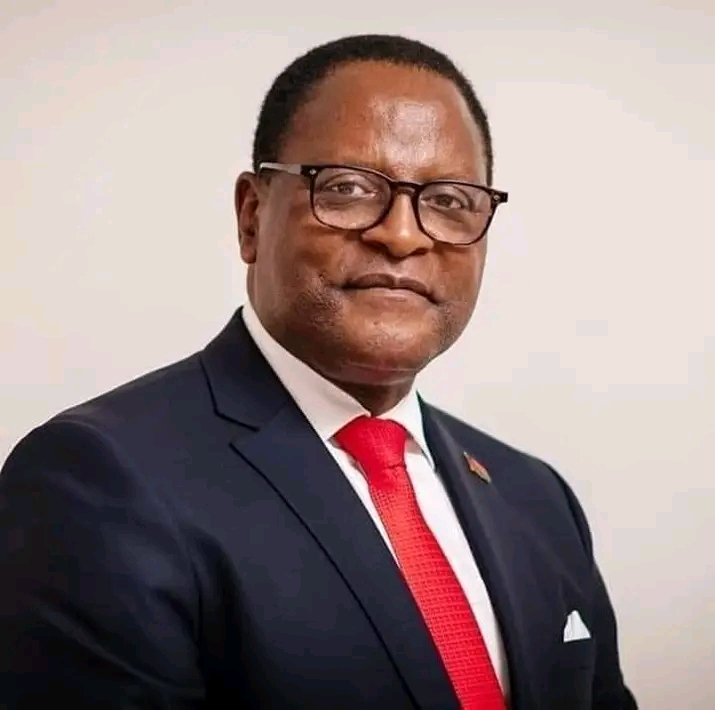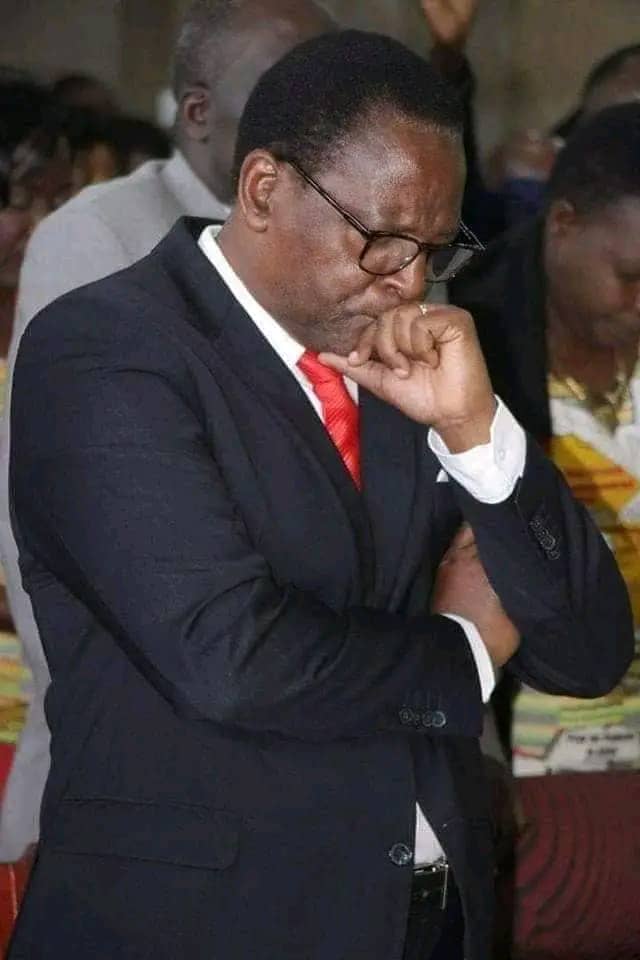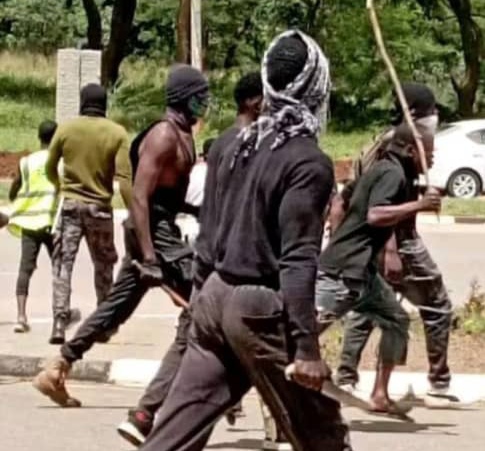By Twink Jones Gadama
In a move that has sent shockwaves through the heart of Malawi, Tanzania has laid claim to a portion of Lake Malawi, a body of water that has long been a source of national pride and identity for Malawians. The Tanzanian government has not only altered its maps to reflect this new claim but has also urged educators to teach students about this revised geography. This brazen act of territorial ambition raises critical questions about the leadership of President Lazarus Chakwera, who has been accused of failing to defend Malawi’s sovereignty in the face of external aggression.
Lake Malawi, known for its stunning beauty and rich biodiversity, is not just a geographical feature; it is a vital resource for the people of Malawi. It provides livelihoods for countless fishermen, serves as a source of fresh water, and is a cornerstone of the nation’s tourism industry. The lake is also steeped in history and cultural significance, making it a symbol of national pride. The fact that Tanzania has now claimed a part of this cherished lake is not merely a diplomatic issue; it is a matter of national identity and integrity.
Historically, the issue of Lake Malawi has been a contentious one. Former President Hastings Kamuzu Banda famously declared the lake to be “non-negotiable,” a sentiment echoed by his successor, Bingu wa Mutharika, who also took a firm stance against any encroachment on Malawian territory. Both leaders understood the importance of standing firm in the face of external threats, recognizing that the sovereignty of Malawi was paramount. Their resolute positions fostered a sense of unity and national pride among Malawians, who felt secure under their leadership.
In stark contrast, President Chakwera’s response to Tanzania’s claims has been tepid at best. Observers have noted a conspicuous silence from the Chakwera administration, which has left many Malawians feeling abandoned and betrayed. Critics argue that this lack of action is emblematic of a broader pattern of weakness in Chakwera’s leadership. The president, who came to power on a platform of hope and change, now faces accusations of failing to protect the very interests he vowed to uphold. The silence from the presidency is deafening, and it has left many questioning whether Chakwera is equipped to handle the challenges that come with leading a nation.
The implications of this territorial dispute extend beyond mere politics; they touch the very fabric of Malawian society. The sense of betrayal felt by many citizens is palpable. Chakwera’s inaction has led to a growing disillusionment among the populace, who had hoped for a leader who would prioritize their interests and stand firm against external threats. The president’s failure to address the situation has sparked a wave of criticism, with many labeling him as the weakest leader Malawi has ever had. This sentiment is particularly poignant given the historical context of strong leadership that has characterized Malawi’s past.
As the situation unfolds, the question remains: what will it take for Chakwera to take a stand? The president has a unique opportunity to rally the nation around a common cause, to remind Malawians of their shared identity and the importance of standing together in the face of adversity. However, the longer he remains silent, the more he risks alienating his supporters and solidifying his reputation as a leader who is unwilling to fight for his country.
The international community is also watching closely. Malawi’s relationship with Tanzania has historically been complex, marked by both cooperation and tension. The current situation presents an opportunity for diplomatic engagement, but it also poses risks. If Chakwera fails to assert Malawi’s claims, it could embolden Tanzania to pursue further territorial ambitions, setting a dangerous precedent for the region. The stakes are high, and the consequences of inaction could reverberate for years to come.
Moreover, the educational implications of Tanzania’s claims cannot be overlooked. By altering maps and instructing educators to teach a new narrative, Tanzania is attempting to reshape the historical understanding of the region. This move not only undermines Malawi’s territorial claims but also threatens to distort the historical narrative that has been passed down through generations. The potential for a generation of Malawians to grow up with a skewed understanding of their own history is a chilling prospect, one that could have lasting effects on national identity and unity.
In this context, Chakwera’s leadership is being put to the test. The president must navigate a complex landscape of national pride, historical significance, and international diplomacy. He has the opportunity to rise to the occasion, to become a leader who stands firm in the face of adversity and defends the interests of his people. However, this will require courage, decisiveness, and a willingness to engage with the complexities of the situation.
As Malawians watch and wait, the question remains: will Chakwera rise to the occasion, or will he continue to be seen as a leader who has failed to protect the interests of his nation? The future of Lake Malawi, and indeed the future of Malawi itself, hangs in the balance. The time for action is now, and the eyes of a nation are upon him. The legacy of leadership is not merely about the promises made during campaigns; it is about the actions taken when the stakes are highest. For Chakwera, this is a defining moment, one that will shape his presidency and the future of Malawi for years to come.




